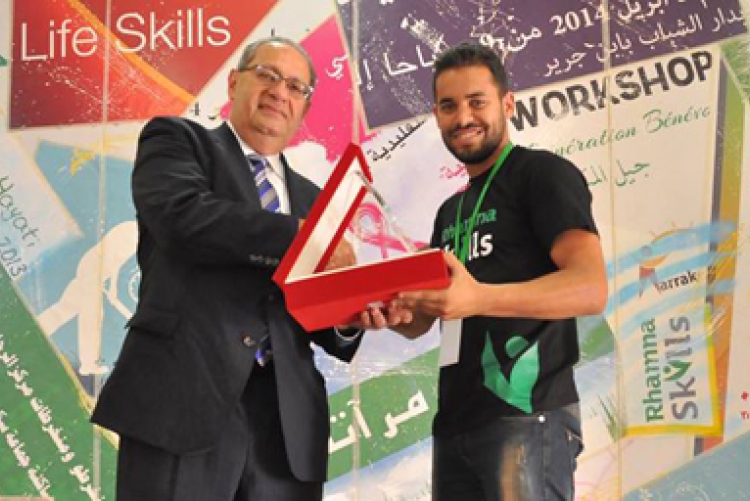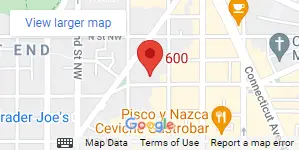Since Rhamna Skills was inaugurated in November 2012, close to 750 youths have completed the center’s employability skills training programs, leading to job placements for more than three out of five trainees — meeting a high priority in view of the country’s high unemployment rates, particularly among recent graduates.
The center also encourages entrepreneurship and civic engagement. It has already offered specialized training to 99 aspiring entrepreneurs, spawning 40 new businesses and 140 new jobs, while a variety of workshops engaged nearly 500 individuals in 15 civic initiatives that will benefit 3,600 people, 65% of whom are in rural areas.
Rhamna Skills is one of three centers that is enabling Amideast to deliver training and other services beyond the central urban areas of Rabat and Casablanca, where its offices are located. The centers, located in Benguerir, Laayoune, and Khouribga, were established by the philanthropic arm of phosphates giant OCP Groupe to expand youth opportunity in areas where the company operates. Each center is designed to engage 1,000 mainly young people annually in activities designed to develop employability skills, entrepreneurship, and civic engagement.
In addition to the OCP centers, Amideast/Morocco will soon begin the first training round of Skills for Success™, an employability skills development program funded by the Union for the Mediterranean, which will benefit 90 young women. Amideast/Morocco also recently entered into an agreement with Kosmos Energy to provide training and services that will enhance youth employability in the cities of Agadir and Dakhla.
“Amideast is proud to partner with OCP Foundation in support of its skills centers, which are proving to be a dynamic model for much needed youth development activity in Morocco,” said Kattouf. “This effort and our new partnerships with the Union for the Mediterranean and Kosmos Energy are extremely important because they will enable us to leverage our capabilities to expand youth opportunity at a time when it is critically needed and to reach youth in remote areas.”


